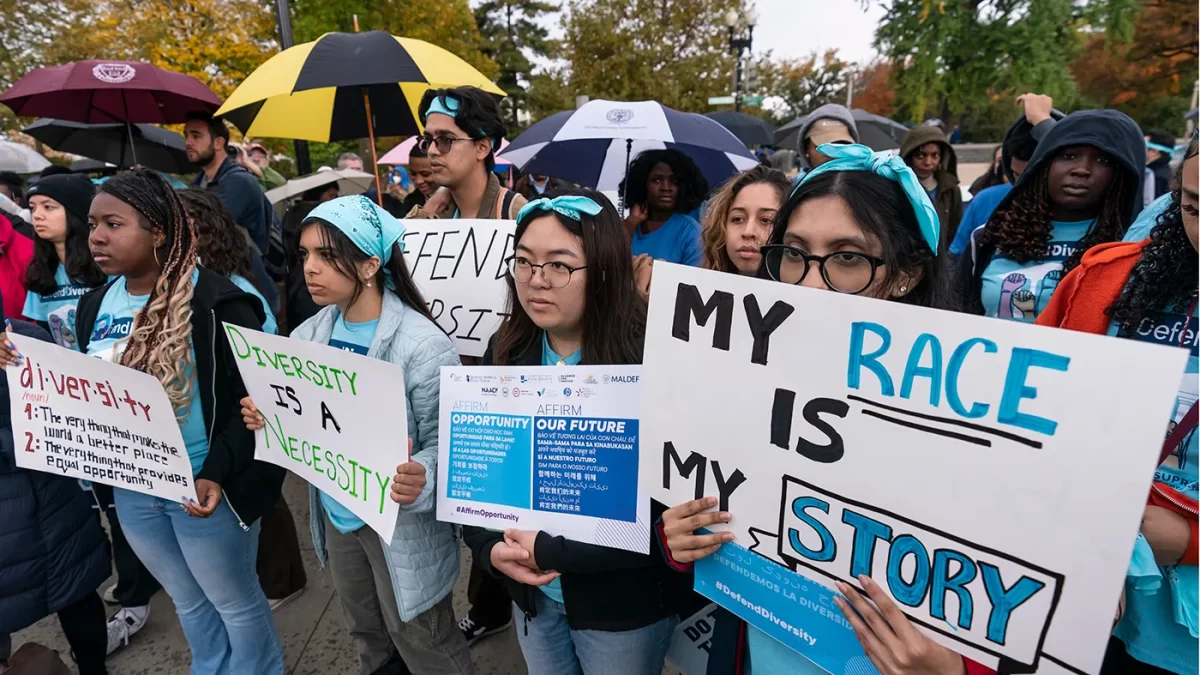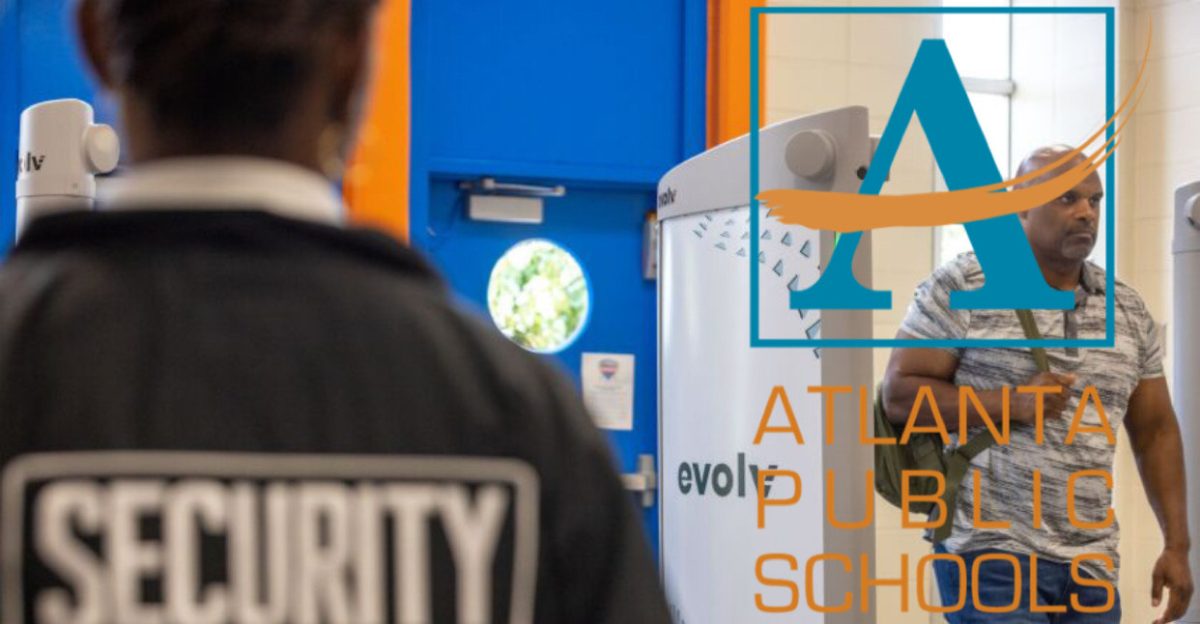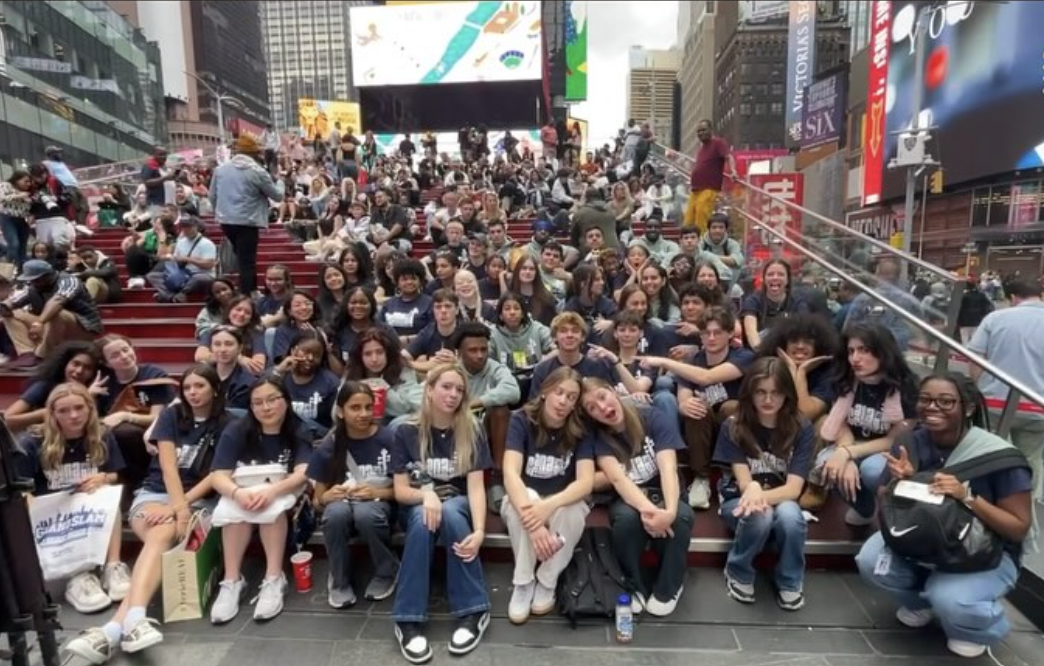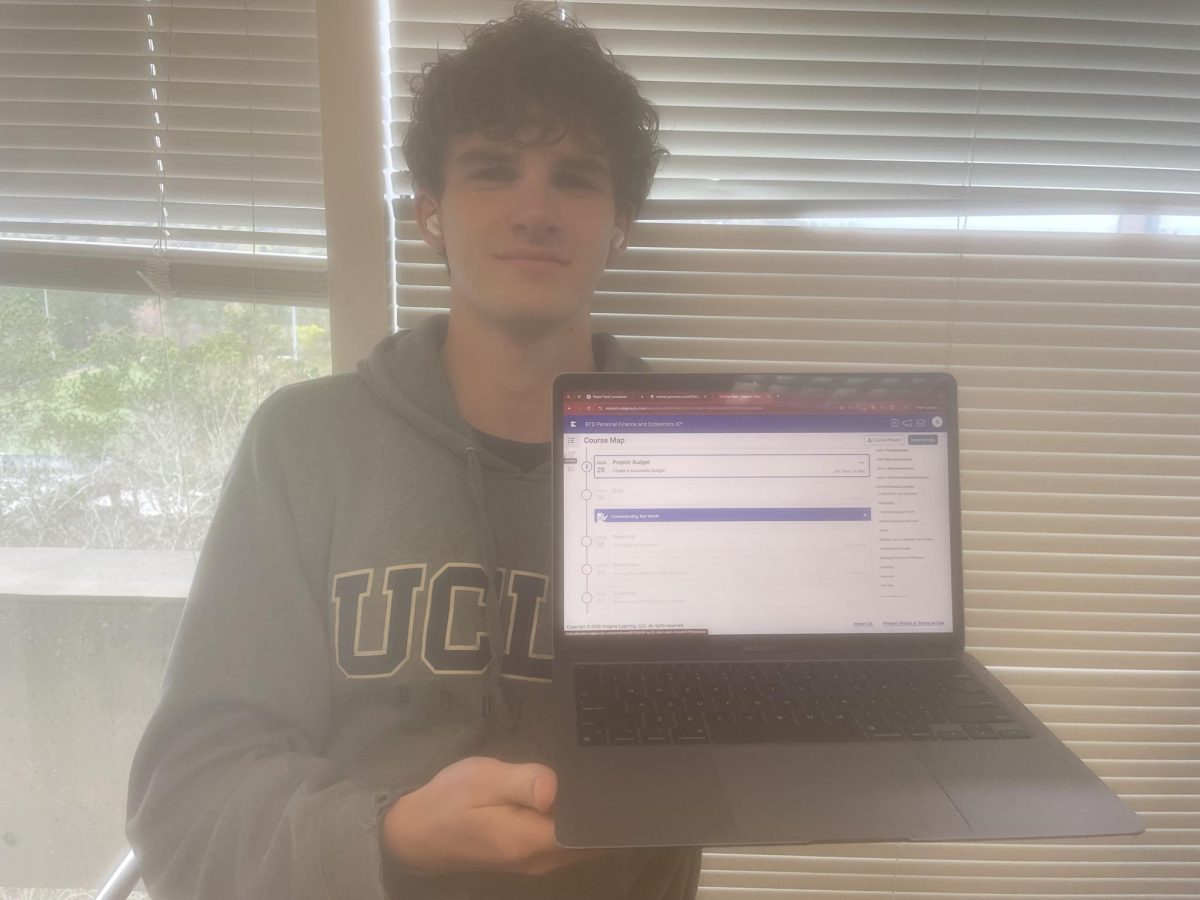Affirmative Action (AA) is a practice that has been adopted by many universities in order to address historical and systemic discrimination by promoting equal opportunities for marginalized or underrepresented groups. The primary goal is to redress past and present inequalities. However, debates surrounding Affirmative Action often revolve around issues of fairness, meritocracy, and the role of the government in addressing social inequalities. Particularly in the realm of college admissions, attention has been drawn toward reverse discrimination, where non-minority applicants may be disadvantaged. In June of 2023, the Supreme Court ended race-conscious admission programs at colleges and universities across the country. This sparked both universal outrage and immense support from individuals on all sides of the debate, which has reopened discussions of broader equal rights policy.
The concept of racial favoritism at colleges and universities has been a point of contention for Americans throughout history. Before the implementation of Affirmative Action in 1965, minorities lacked bias-free administration consideration. Even after AA was introduced to the application process and when gender became a part of the protected categories, white women were the primary beneficiaries of the program, while many minorities weren’t reflected in the demographic dynamics of predominantly white post-secondary institutions. Despite this, AA remained an opportunity for candidates’ intersectional identities to be considered in their application. Senior Aidan Smith offers his perspective on the policy’s impact on college admissions. “Affirmative Action paved a path towards equality in this country, and it’s unfortunate to see it come to an end,” Smith said.
Over the decades, Affirmative Action has evolved and adapted to changing social and legal landscapes. Its fundamental goal remained consistent: to promote diversity and representation of historically marginalized groups, thereby rectifying the inequalities that persisted for generations. Being that the ban will perceivably make it more difficult to achieve equal opportunities in higher education, Senior Kelly Reyes-Cruz is a proponent of Affirmative Action. “Affirmative action is the key to reaching racial equity,” she said. “Taking this away from them will only magnify the gaps that already exist today.”
Military service academies have also been under attack because they are excluded from the new ruling, specifically Westpoint. An anti-affirmative Action group, Students For Fair Admissions, is suing Westpoint over its admissions policy. The purpose of the suit is to have racial considerations eliminated in the service academy’s admission program. However, military demographics are over 60% white and are across the board male-dominated.
Outside the realm of college admissions, Affirmative Action programs within the work field and other areas award those who are disadvantaged with the opportunity to succeed regardless of their socioeconomic status, race, or gender. These programs aim to address historical and ongoing inequalities based on socioeconomic status, race, gender, and other factors. In the workplace, Affirmative Action programs often involve measures such as targeted recruitment efforts, diversity training, and policies to ensure equal pay and advancement opportunities for underrepresented groups.
There are proponents and opponents of Affirmative Action however, that does not change the disparities among those that are at an advantage versus the minorities that have faced systemic inequalities since the initial birth of the United States. While Affirmative Action programs may not be without their imperfections and controversies, they represent a concerted effort to address deeply entrenched inequities. Rather than Affirmative Action being viewed as a divisive topic, it can be seen as a vehicle for progress—an imperfect but essential tool for striving towards a more just and equitable future.
Sources:
Hartocollis, Anemona, Anti-Affirmative Action Group Sues West Point Over Admissions Policy, New York Times, September 19, 2023, https://www.nytimes.com/2023/09/19/us/affirmative-action-west-point.html
Parker, Kim, 6 facts about the U.S. military and its changing demographics, Pew Research Center, April 13, 2017, https://www.pewresearch.org/short-reads/2017/04/13/6-facts-about-the-u-s-military-and-its-changing-demographics/
Totenburg, Nina, Supreme Court guts affirmative action, effectively ending race-conscious admission, NPR, June 29, 2023,
https://www.npr.org/2023/06/29/1181138066/affirmative-action-supreme-court-decision




















